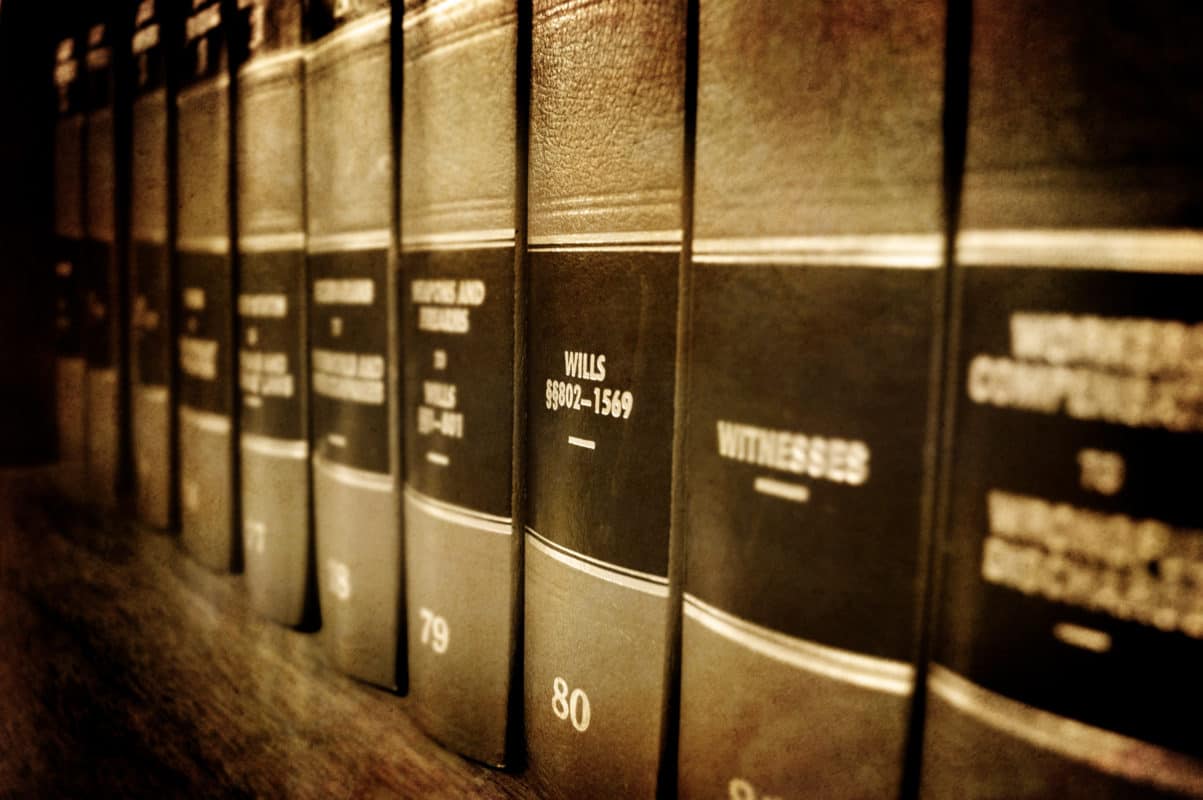At the height of the pandemic, one of the issues that much preoccupied private client practitioners was the difficulty of witnessing wills whilst observing social distancing rules – particularly for testators who were shielding or self-isolating. This lead to a variety of inventive witnessing arrangements, such as that described by HHJ Tindal in Baker […]
Category Archives: Validity disputes
It was my great pleasure to co-author this article with Juliet Brook. Juliet is a Principal Lecturer in Law at the University of Portsmouth, specialising in property law. Her research focuses on the law of succession and she has written a series of detailed articles on testamentary dispensing powers, which you can find here. This article […]
My last two posts have looked at the issue of will-making during the coronavirus pandemic, and the difficulties of socially distant witnessing, and some of the proposals for reform of the law of wills and the options for a temporary solution to the difficulties faced by testators during the pandemic. In this post, I address […]
The following is something of a pick and mix selection of contentious probate disputes of interest that were decided last year. James v James [2018] EWHC 43 (Ch) The claimant in James v James, in addition to bringing a proprietary estoppel claim, challenged the last will of his father, Charles, on the grounds of lack of […]
Charles Hollander QC sitting as a Deputy High Court Judge has recently given judgment in Gupta v Gupta [2018] EWHC 1353 (Ch), a case in which the validity of the deceased’s last Will was challenged solely on the basis that she lacked knowledge and approval of the contents. Whilst it doesn’t break any new ground on […]
This is Part 2 of an occasional series on tricky probate problems and how to solve them. In Part 1, I looked at the issue of limited grants. In this post I will look at the options that are available where a caveat has been entered, warned, and an appearance entered. Usually, in these circumstances, […]
This is the first in a series of short posts looking at tricky problems that can arise in probate disputes. In this post, I will take a look at a common problem – what to do where a caveat has been lodged in order to prevent a grant of probate being taken, but there is […]
HHJ Matthews costs ruling following the trial of the proprietary estoppel and probate claim in James v James & Ors [2018] EWHC 242 (Ch) (see my post on the substantive issues here) has been published and provides a helpful reminder of the contentious probate costs rules and the consequences of failing to follow the prescribed […]
HHJ Paul Matthews, sitting as a High Court Judge, has recently revisited the ingredients of proprietary estoppel and the requirements for establishing testamentary capacity in James v James [2018] EWHC 43 (Ch). The case has been widely reported in the press, including the Daily Mail, whose take on the case was put as follows: “Farmer’s son who […]
On the heels of the Supreme Court judgment in Ilott v Mitson, we have two recent cases of interest concerning claims under the Inheritance (Provision for Family and Dependants) Act 1975 that follow and apply the dicta of the Supreme Court in Ilott: Ball v Ball [2017] EWHC 1750 (Ch), a decision of Judge Paul Matthews sitting […]









